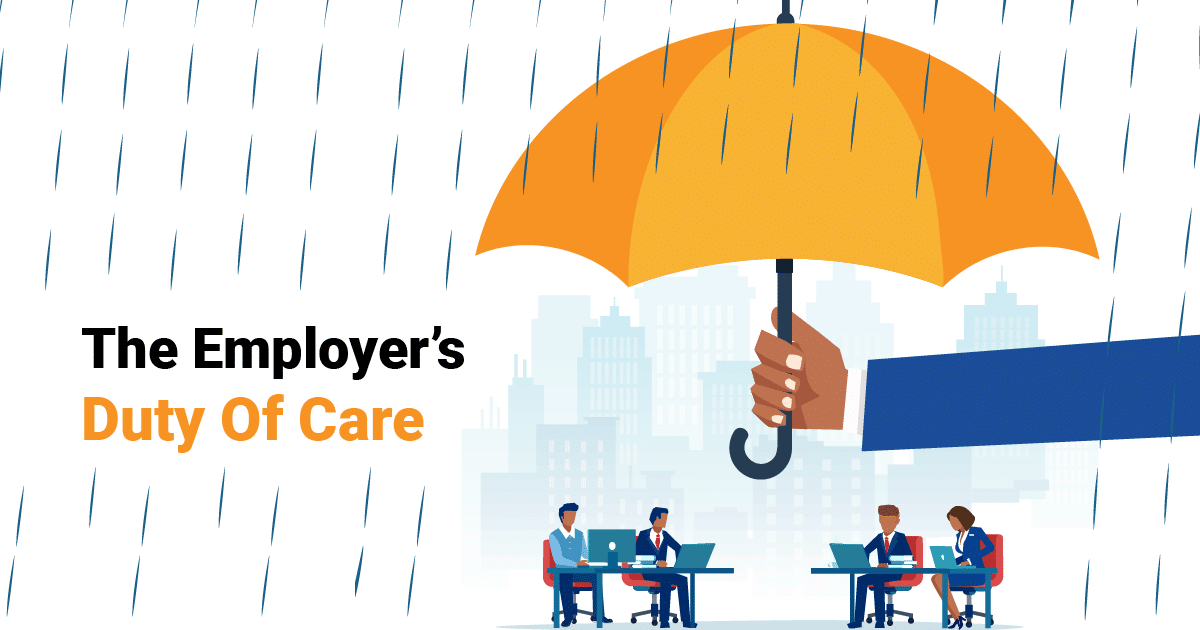In Ghana, employers duty of care might sound too foreign a concept but reading it will lead us to appreciate that this is only another way of putting the obligations of an employer towards his or her employee.
Legal minds have a definition for this and they say “the employer must take all reasonable precautions to prevent his employees from suffering (health) damage during the performance of his or her work. This involves both accidents and occupational disease”
When the court hears your case, assuming your employee obtained some injury whilst working for you, the trial judge or the jury will first have to first determine whether you the employer did due diligence and took sufficient measure prevent unsafe conditions at the work place. And the facts of the determination at this point will perhaps tilt the judgement in your favour or otherwise.
This will bring us to define what exactly the workplace is. It has a broad meaning and sense under this topic. Again, the legal minds say it includes “company events and, if the employee works at home, even his workplace at home”.
An example that perfectly illustrates how broad the term “workplace” is, and can be found in the case in which the courts found an airline company liable for damage of a pilot resulting from an accident with his taxi in a (foreign) city where the pilot was on his way to the airport. As an employer you’ve got to be on the lookout because the tendency to be held liable for your employee’s injuries is high in countries where this law is carried out to the letter. In times past it was even worse for employers in the western economies, where they too often found liable for the sheer negligence on the part of the part of their employees. But in recent times that is changing and employers are being given fair hearing by the courts.
An employer was, for example, found not liable for an employee who cut herself in the finger with a knife while slicing sandwiches. But, under older case law this easily could have been the case.
In Ghana however the laws have not really been on the side of employees in times past and most employers who otherwise could be found liable and made to pay some form of compensation go scot free, sometimes because employees are ignorant of their rights. But trends show that labour unions are now pushing for safer conditions at the workplace and stiffer punishment for employers who default. If you don’t adhere to advice, one of these days you might end up shoving a huge percentage of your working capital as compensation to an aggrieved employee. And they have legal backing. There’s actually a law that supports their claim. The right of the worker to work under safe and healthy conditions in Ghana is guaranteed by the 1992 Constitution, even though it might not use the exact terminologies as the duty of care context will put it. Article 24, which falls under the Human Rights Provisions, provides, inter alia, that “Every person has the right to work under satisfactory, safe and healthy conditions”. The Constitution further provides that “The State shall safeguard the health, safety and welfare of all persons in employment (Article 36(10)).
If it can be determined that the employer violated his duty of care, then he will, in principle, be liable for his employee’s damage. This is only different if the employee acted with intent or gross negligence. If the employee is able to prove that he suffered damages during the performance of his job, the employer will need to prove that he fulfilled his duty to care or that the damages are the direct result of the intent or gross negligence of the employee.
The conclusion is that employers must take all necessary safety precautions to protect their employees from physical harm, whether it be an accident or an occupational disease and need to take this responsibility very seriously, because it is evident from judicial precedence that courts tend to hold employers easily liable for such damage. If and when you want to uphold your responsibilities of duties of care towards your employees then the following points should get you started. But remember to do an extensive research on this matter for you might end up paying much more than it would have cost you to know the right thing to do.
- Clearly defining jobs and undertaking risk assessments
- Ensuring a safe work environment
- Providing adequate training and feedback on performance
- Ensuring that staff do not work excessive hours
- Providing areas for rest and relaxation
- Protecting staff from bullying or harassment, either from colleagues or third parties
- Protecting staff from discrimination
- Providing communication channels for employees to raise concerns
- Consulting employees on issues which concern them.
Also Check out : Poaching the right way





